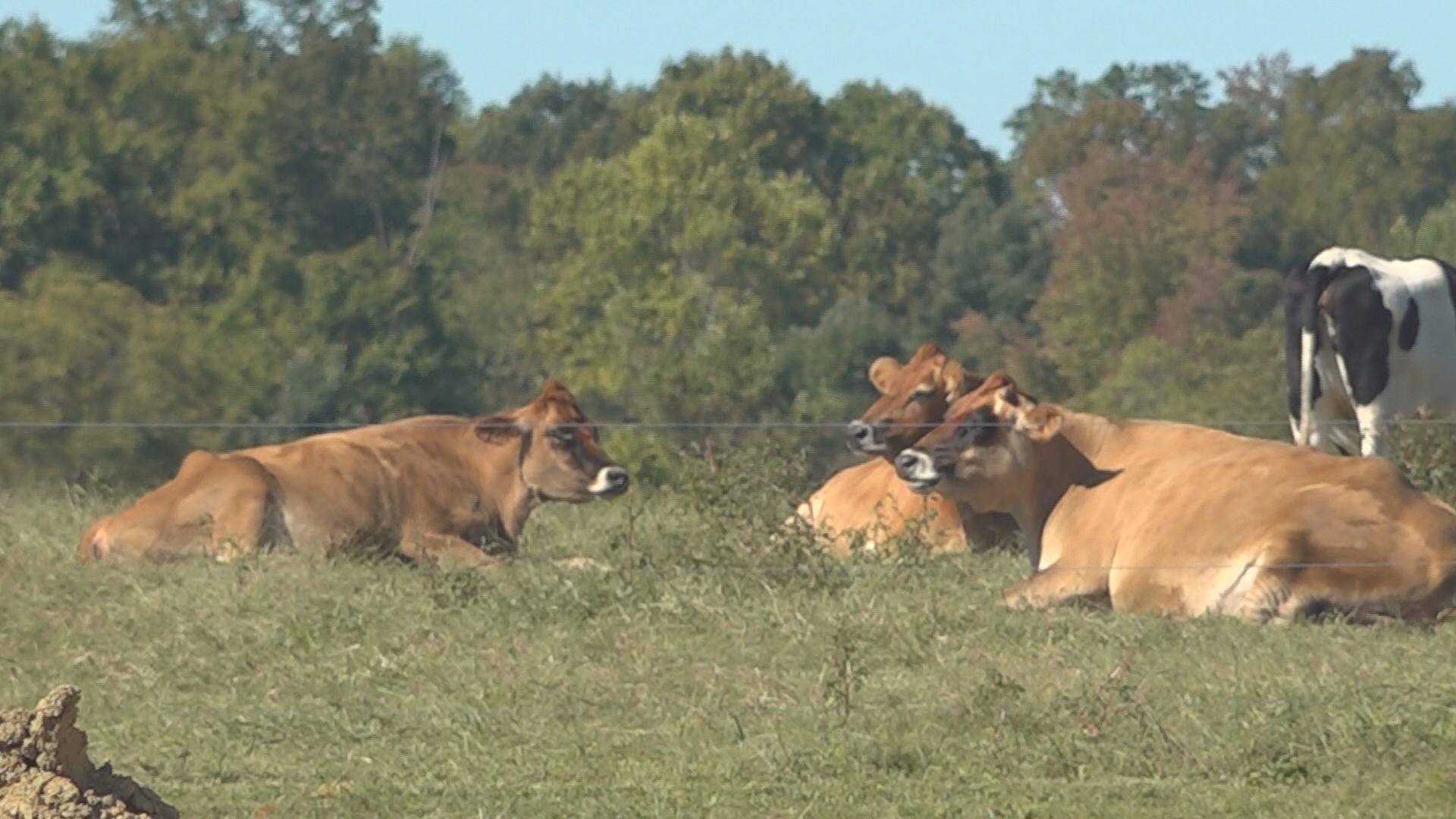FLEETWOOD, N.C. — Hurricane Helene hit the agricultural community of western North Carolina hard.
Many farmers in western North Carolina were significantly impacted by the damage the storm left behind just two weeks ago.
Some people rely on western parts of the state for crops, live stock and (as the holiday approaches) Christmas trees.
The North Carolina Department of Agriculture and Consumer Services says the impact will be widespread. They're calling for a "vigilant approach to soil and crop management."
But the best way to support western North Carolina's agriculture is by buying a Christmas tree from local farms.
The state is the second largest Christmas tree producing state in the country, according to the North Carolina Christmas Tree Association.
Currently, the association doesn't think hurricane Helene's impact will have a lasting impact on supply, though it may be more difficult to access farms.
Amber Scott, owner of Klein Church Nursery in Fleetwood, has been in the agricultural business for nearly 50 years.
After Helene, Scott says there was minimal damage to the nursery's over 750-acre lot. Flood damage was fixed, but the farm's biggest issue is inaccessible roads.
"North Carolina is the number two producer of Christmas trees in the whole nation. And 96% of those Christmas trees come out of western North Carolina in primarily six counties that have all been impacted by this storm," she said.
Christmas tree farms weren't alone in their post-Helene destruction. Farms with livestock have also been effected.
Nicole Daniels works at Foot Hills Hardware and Building Supply in Surry County. She is also a livestock nutritionist.
The business is collecting supplies for livestock and farms in western North Carolina.
She says having collection drives are especially important when a lot of livestock animals aren’t able to eat grass right now.
"There was a barn left standing but the home was gone. There was no evidence of grass. Everything had just been washed completely away. I have seen livestock deceased and it was just a very devastating thing. It was almost more than I could handle mentally to process it. Yeah it was a very devastating situation," she said.
North Carolina Agriculture and Consumer Services says there are many health concerns with animals following a flood. Livestock standing in water for extended periods of time can have hoof problems live lameness or infection.
Hay and food should also be thrown out if it was saturated with flood waters.

